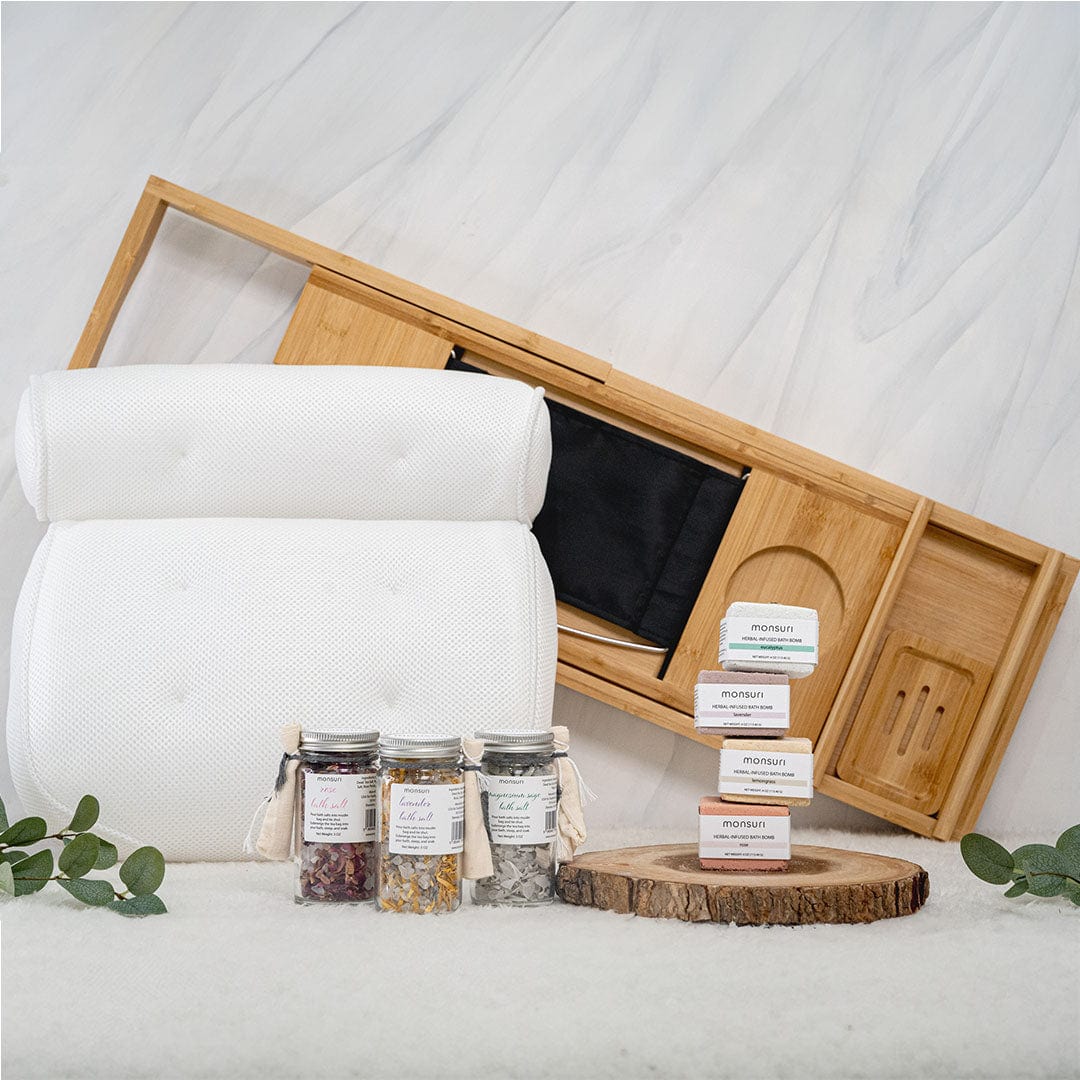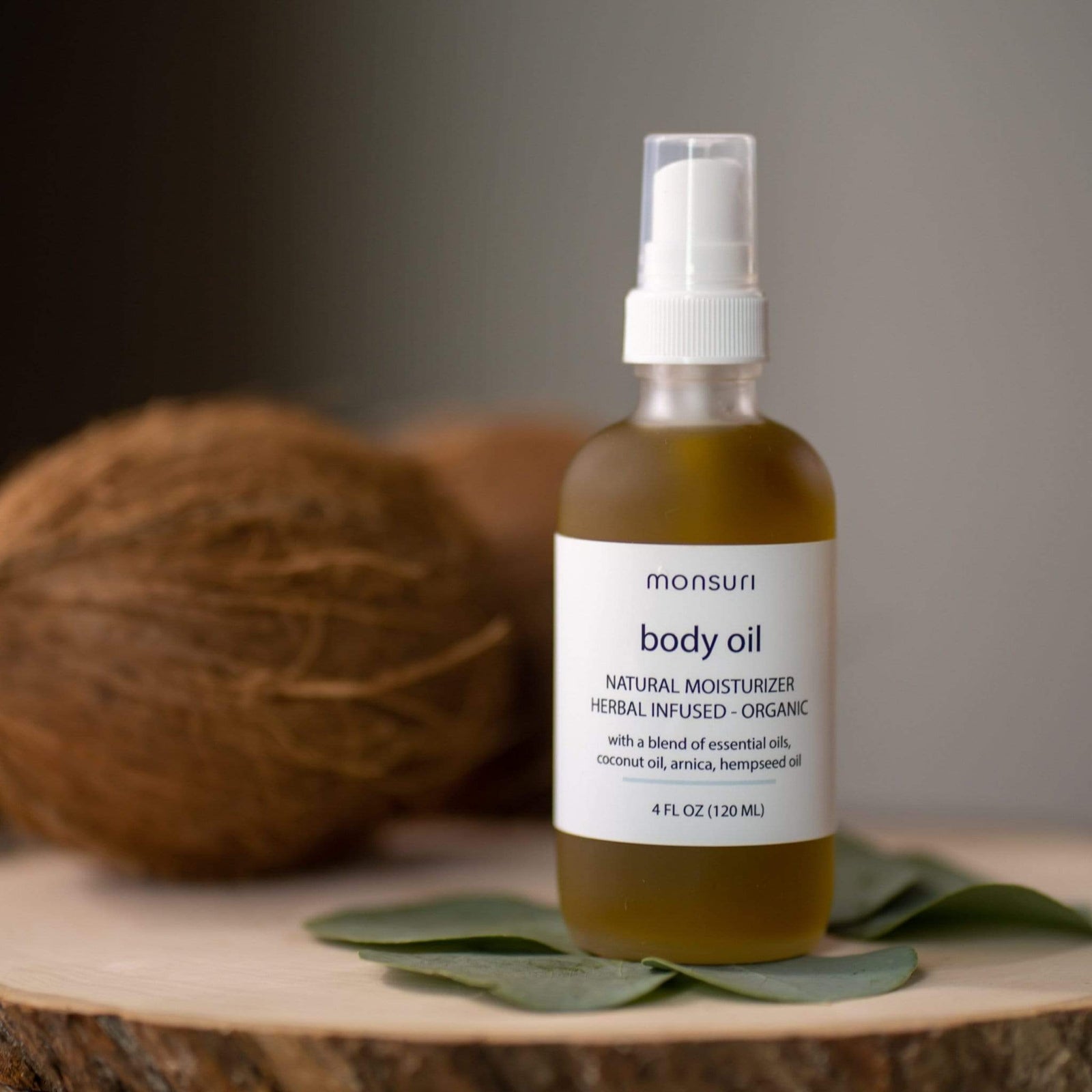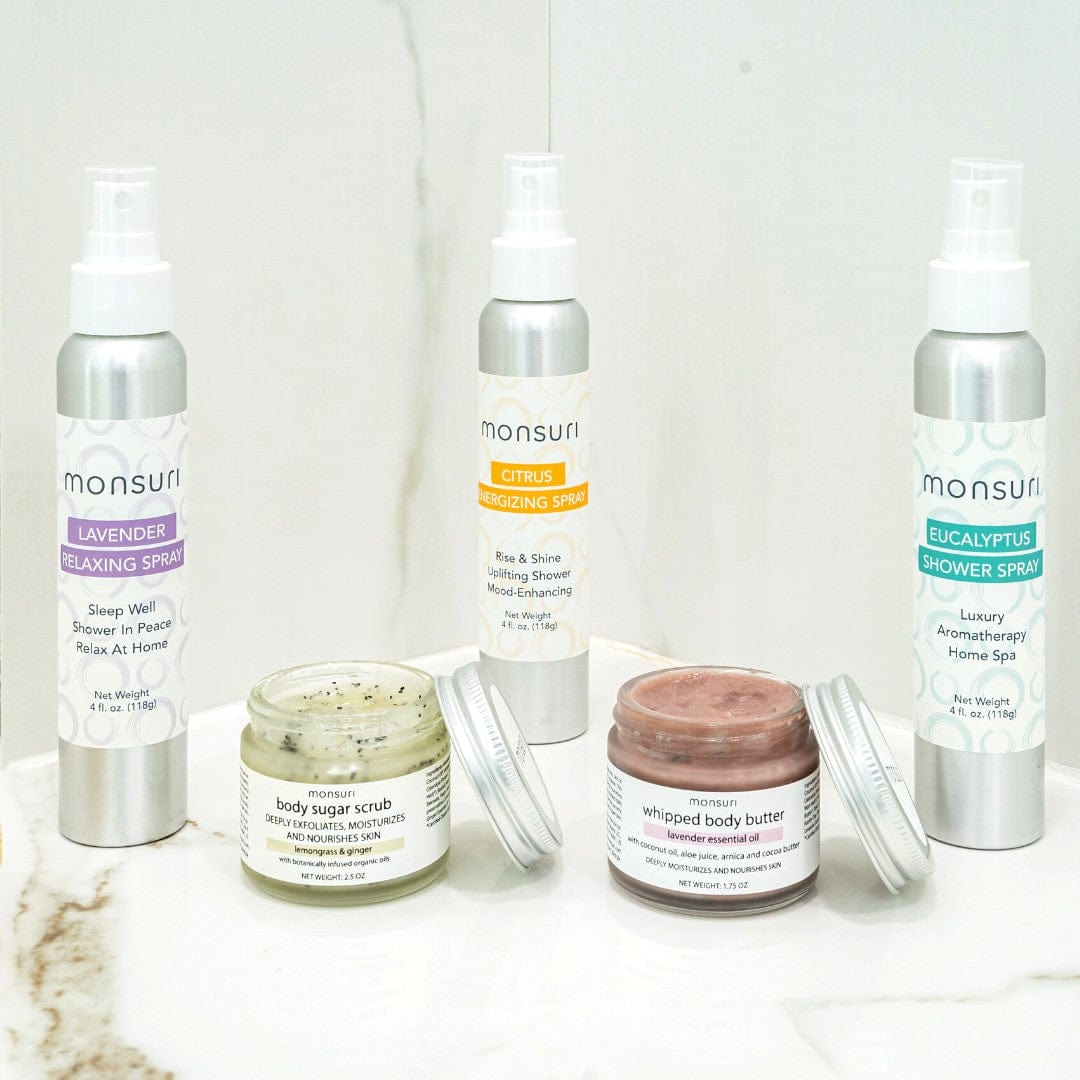Your Cart is Empty
SELF CARE JOURNEY WITH MONSURI
As champions of self-love, we've curated a series of insightful videos that not only introduce you to Monsuri's premium range of bath & body products but also delve deep into the world of self-care, wellness, and tranquility.

Which Body Care Products Are Right for Your Skin Type?
Struggling to choose the right body care products for your skin type? This guide breaks down body scrubs, oils, and self-care sets that are perfect for dry, oily, and sensitive skin—so you can glow from head to toe.

How to Create a Zen Room: Serenity, Style, and Relaxation in One Space
Discover how to create a Zen-inspired space that promotes relaxation and mindfulness. From soothing room sprays to mandala tapestries, learn how to design a peaceful retreat at home that nurtures both your body and mind.

How to Use Body Scrub for Smooth, Glowing Skin: The Ultimate Guide
Want soft, radiant skin? Learn how to use body scrub the right way, whether in the shower or before shaving. This guide covers expert tips, step-by-step instructions, and the best body scrub options to remove dead skin for a smooth, glowing finish.







